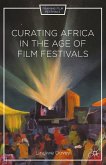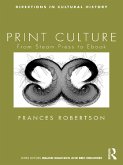A massive influx of wealth and the emergence of a new class of nouveau riche industrialists and tycoons began to change the social structure of Britain in the early twentieth century. George Sturt, a craftsman and writer, documents the transition in this insightful series of essays on the changes that began to transpire in his own small village during the period, upending hundreds of years of tradition in the process.
Dieser Download kann aus rechtlichen Gründen nur mit Rechnungsadresse in A, B, BG, CY, CZ, D, DK, EW, E, FIN, F, GR, HR, H, IRL, I, LT, L, LR, M, NL, PL, P, R, S, SLO, SK ausgeliefert werden.









